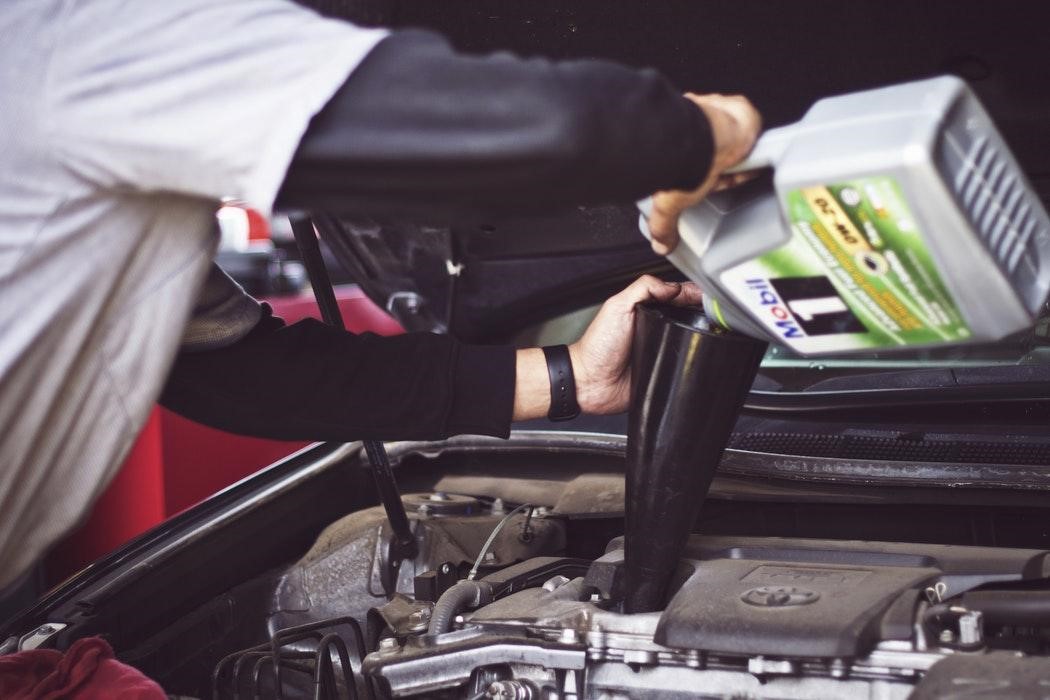I don’t know about you, but I’m no car expert. When I think of oil, I think of olive oil rather than motor oil. It’s one of those foreign aspects of my car that just gets taken care of at my auto shop without me ever having to know much information about it.
But having this knowledge can be extremely beneficial in the long run. Whether you’re a car owner, thinking about buying a car, or you’re still chugging along in your parents’ ancient Volkawagen, here are a few things you should know about oil changes.
The rule of thumb is every 3,000 miles. But it’s different with every car, and how often you’re driving. Here’s a breakdown of that:
|
Every 1,000 miles |
Every 3,000 miles |
Every 5,000 miles |
Every 10,000 miles |
|
If you take a lot of short trips, starting your engine so often causes the oil to break down faster. It can be hard on the engine, and frequent oil changes can lead to a healthier engine. |
This one is recommended often, but not necessarily needed if you have a newer car. If your car is a bit older, and your engine is worn, this may be the best option for your vehicle. |
Most car owners manuals will recommend this one, and I would say this is the baseline for most vehicles. If your driving amount and style are average, this is the best option for you. |
This is only recommended for you if you’re using synthetic oil in your car. I’ll go into what that is in a little bit. |

Your vehicle’s dashboard has so many different possible lights and indicators that something is wrong. The question is, how do you know what’s wrong? How do you know if it’s serious? How soon should you take it into the shop?
When the light illuminates indicating you need an oil change, it’s easy to overreact and be afraid to take your vehicle out. But the light doesn’t necessarily mean an oil change is urgent. It just means that based on the number of miles you’ve driven and your car’s internal system, you should get an oil change soon.
It’s not urgent, but don’t wait three months to get it changed. It’s better to get it changed sooner rather than later.
If your car has an oil monitoring system, there are two different lights: an oil pressure light, and an oil life monitoring light. It’s important to remember the difference. If your oil pressure light goes off, there could be an oil leak or something else wong, and you cannot ignore that light.
First of all, what is synthetic oil? It’s man-made motor oil made with a base oil, powder additives, and a carrier oil. It’s different from conventional motor oil in terms of how refined the quality is, and you have the option of either semi-synthetic or fully synthetic oil.
Why get it? The oil was created with drastic temperatures in mind, so if you live in a particularly cold place, synthetic oil may prevent your vehicle from needing more frequent changes. The oil is more refined and cleaner, so it’ll be good on your engine, and has a few additives that’ll ensure your engine stays clean. And with synthetic oil, especially if you have a newer car, you can wait until you hit 10,000 miles before changing the oil.
The downside? Synthetic oil is more expensive. The added engine protection could save you from paying for engine damages in the future, but synthetic oil can be 6x-10x more expensive than conventional oil.
Quality-wise, synthetic oil is considered the best. But no motor oil is bad oil. It all depends on personal preference.
Going into an auto repair shop can sometimes be intimidating. You want to do your homework, know what you’re talking about, and prepare to answer questions about your vehicle.
Here is a brief dictionary of some words you may come across in relation to changing your oil, and what they mean.
Main Bearings - Between the crankshaft and engine block, helps to avoid friction between the two.od Bearings - Between the rods and the crankshaft, helps to avoid friction between the two.
Piston Rings - Maintain gas pressure between the pisoton and the cylinder wall.
Cylinder - With walls where pistons travel between, this is the central aspect of the engine.
Crankshaft - Rotating inside the main and wall bearings, the crank changes the up and down motion of the pistons to a rotation.
Spark Plug - The part of the engine that sends electric sparks to make the gasoline burn and keep the engine running.
There are plenty of other words that may be mentioned, but this comprehensive list will help your visit to the mechanic go a little smoother.
In the end, changing your oil is fairly simple, you could even do it yourself. But I recommend you let a mechanic do it for you if you’ve never done it before.